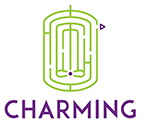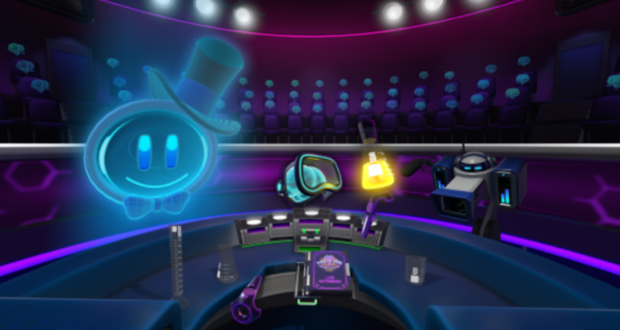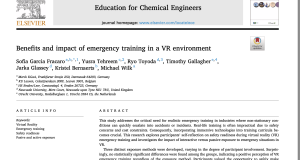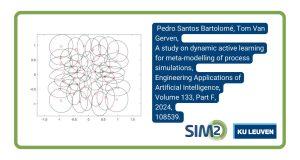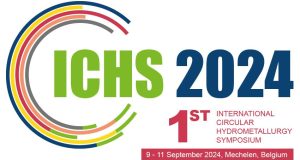Participants wanted for the project “VR in chemistry”
Wanted: students in upper secondary education (HAVO 4 and 5, VWO 4, 5 and 6)
When: April 2020
Participate and register your class by contacting
Executive researcher
Yuanyuan Hu
Email: y.hu3@uu.nl
Project supervisor
Pieter Wouters
Email: p.j.m.wouters@uu.nl
P.S. We kindly ask you to consider our language criterion beforehand. Even though the game is in English, assessments will take place in the Dutch language. An advertisement in Dutch can be found at the end of the page if required.
The project
Utrecht University is part of the European Charming project in which the integration of innovative technology, instructional design, learning psychology and chemistry is central. The unique aspect of the project is that we also look at what that means for subsequent age groups: primary education, secondary education, tertiary education and chemistry professionals. Various European universities, each with their own expertise, technology companies and chemical concerns, collaborate intensively in this project.
Previous research has shown that the use of innovative technology such as computer games and virtual reality (VR) can make chemistry education more motivating and effective. It is not yet entirely clear which characteristics of this innovative technology determine this. In a series of experiments, the Educational Sciences department of Utrecht University will investigate a number of these characteristics. The ultimate goal is to provide teachers and developers with tools for the development, design and implementation of effective and motivating computer games and VR for chemistry education.
The planning
The first phase has been completed with a major review study on the use of innovative technology in chemistry education: is it effective? is it motivating? and how should it fit into the curriculum? A number of conclusions have been drawn from the review study that form the guideline for the experiments in the second phase. In carefully designed and controlled experiments, students start playing a VR game in which they come into contact with various chemistry topics in a realistic way.
These topics have been discussed with experts in the field of chemistry education. Some examples of topics are transfer liquid using Mohr pipette and chemiluminescence. The experiment starts with a number of tests such as a prior knowledge test and a motivation test. This takes 30 mins. The student then plays a version of the VR game in which a certain characteristic is implemented. For example, a student is explicitly asked to reflect on a solution found, while another student is not asked to reflect. Playing the VR game takes around 30-45 mins. The student does not play the VR game in class but individually. Finally, a number of tests are taken to see what the learning effect and the motivating nature of the different versions are (30 mins).
What does participation mean?
The research focuses on upper secondary education (HAVO 4 and 5, VWO 4, 5 and 6). The first experiment will take place in April 2020 and we are looking for teachers who want to participate. Participation means that we can introduce our project in the class and ask whether students like to participate. It also means that a separate room is needed in which we can conduct the experiment (in consultation with the school). The project has been approved by the ethics committee of Utrecht University. This means that it meets the guidelines regarding privacy, anonymity and voluntary participation.
What we offer
The students come into contact with important chemistry topics in a “playful” way. From previous research, we know that students enjoy such a change from daily education. They are also introduced to a scientific experiment. Afterward we can explain our research and the results to the class and give the students the opportunity to ask questions. As a teacher, you get an (anonymous) overview of the students’ performance on the various topics.
Ad in the Dutch language:
